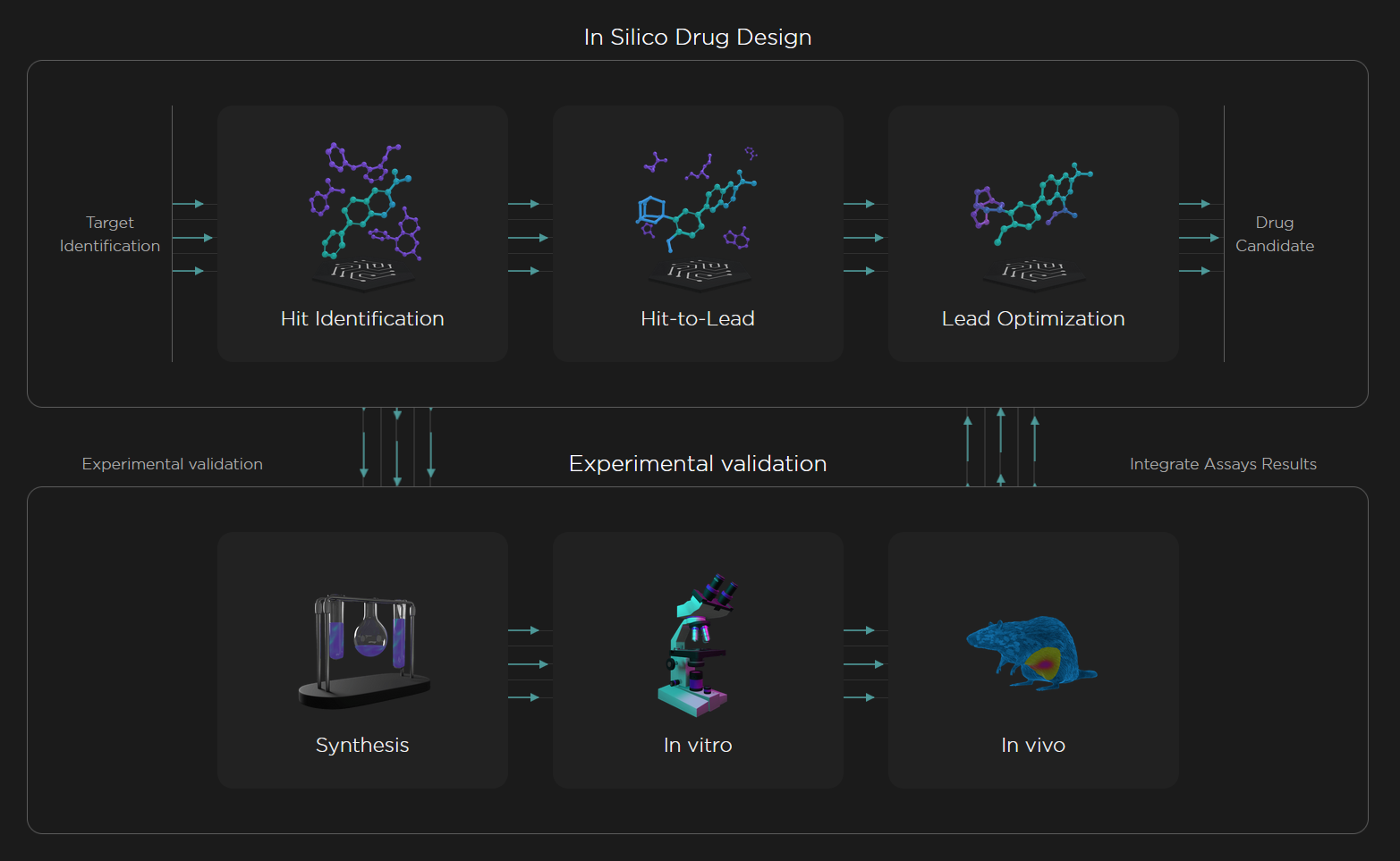Receptor.AI and Moexa Harness AI for SMAD3-Targeted Oncology and Fibrosis
Receptor.AI and Moexa Pharmaceuticals Limited have announced a partnership to accelerate the development of Moexa’s SMAD3 inhibitors for cancer and fibrosis. The collaboration aims to integrate AI-driven drug discovery workflows with Moexa’s small molecule inhibitors, which have shown promising preclinical results.
SMAD3 is said to be a central mediator of the TGF-β pathway, driving disease processes like tumor progression and fibrosis through excessive extracellular matrix deposition and immune suppression in the tumor microenvironment. By inhibiting SMAD3, Moexa aims to disrupt these pathological mechanisms. The company, headquartered in West Haven, Connecticut (US), recently secured broad Markush claims from the US Patent & Trademark Office for its SMAD3 inhibitor compounds. Developed with US$32 million in funding, including US$17 million from NIH grants, Moexa’s pipeline has demonstrated dose-dependent efficacy in preclinical studies—enhancing NK cell proliferation, reducing tumor angiogenesis, and mitigating matrix degradation—all without the toxicity typically associated with TGF-β therapies.
See also: From Diagnosis to Treatment: The Impact of AI on Rare Disease Drug Development
Receptor.AI brings its modular, AI-based drug discovery workflows to the collaboration, applying computational tools refined across more than 40 discovery projects. The company’s platforms cover small molecules, peptides, and induced proximity agents, with four of its own internal programs targeting nephropathy (RAI-001, IND-enabling stage), oncology (RAI-002), cardiopathy (RAI-003), and inflammation (RAI-004). Its integration with NVIDIA’s BioNeMo, announced just a year ago in February 2024, showcased advanced virtual screening, ADMET assessment, and automated ligand pose prediction, further accelerating hit identification and lead optimization.

Receptor AI's end-to-end drug discovery workflow; Source: Receptor AI